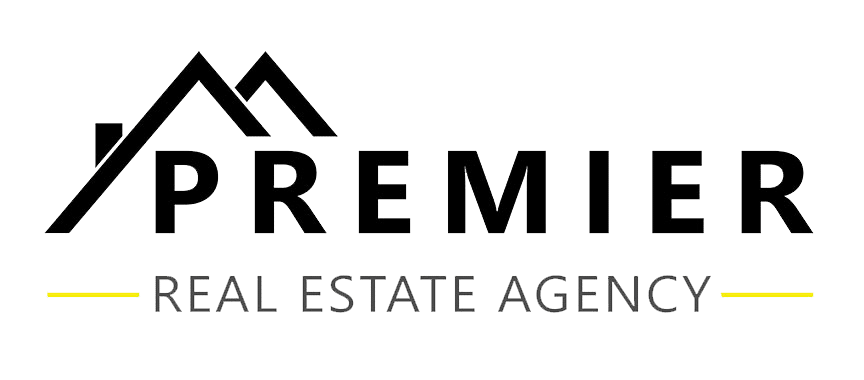Q. What do I need to know about lead paint?
A. Lead was used as a pigment and drying agent in alkyd oil-based paint until use was banned in 1978. The federal government estimates that lead paint is present in 75 percent of all private housing built before then. It was commonly used on doors, windows, and other woodwork. An elevated level of lead in the body can cause serious damage to the brain, kidney’s, nervous system, and red blood cells. A lead-based disclosure statement must be attached to all sales contracts and leases regarding residential properties built before 1978, and a lead hazard pamphlet must be distributed to all buyers and tenants. Buyers have the right to test for lead paint; however, its existence does not automatically constitute a hazardous condition in all cases.
Q. What happens if the home inspections reveal a serious problem?
A. Generally, if the home inspections reveal a serious problem, the buyer who has a properly drafted contract can get out of the contract. What usually happens, however, is that the cost of remedying the problem becomes an issue of negotiation. This is where the negotiation skills of the seller’s sale associate can be critical in resolving the issue and keeping the home sale moving.
Q. What is radon and what is the purpose of radon testing?
A. Radon is a radioactive has produces by the natural decay of other radioactive substances. If radon dissipates into the atmosphere, it is not likely to cause harm. However, when random enters buildings and is trapped in high concentrations ( usually in basements with inadequate ventilation), it can cause health problems. The general rule fits the remediation is indicated if radon levels measure four picocuries (pCi/L) or more. Recent evidence suggests that radon may be the most underestimated cause of lung cancer, particularly for children, individuals who smoke, and those who spend considerable times indoors. Radon levels vary, depending on the amount of fresh air that circulates through a house, the weather conditions, and the time of year. It is relatively easy to reduce levels of radon by installing ventilation systems or exhaust fans.
Q. What should I do if my appraisal doesn’t go through?
A. It may reassure you to know that your Premier Sales Associate will supply to the appraiser “market comparables” that will help substantiate your home’s selling price. Occasionally, however, the appraisal value may fall short. Should that happen, getting a second appraisal is one possibility. Alternatively, in many cases the buyer will be willing to makeup the shortfall, although you might have to make concessions, such as leaving behind appliances or other items you planned to take with you.
Q. Why shouldn’t I price my house a little high, since I can always drop the price later?
A. That’s a strategy that sounds good – but, in fact, is more likely to result in lower price. Here’s why, the first few weeks a house is on the market is when it will have the most activity. If a house is overpriced, it has to compete with houses at the higher price level, which are almost certainly larger ot have newer/more luxurious features. So the overprices home is unlikely to attract an offer. Worse yet, those first weeks are when real estate agents preview the house. If it’s overpriced, they may not even bother to show it to their buyers. Eventually, the seller will have to drop the price – and may end up with an even lower price because buyers will wonder why the house has been on the market for so long and may factor into their offer.
Q. What is meant by the term “contingency” in a sales contract?
A. Sales contracts typically contain several “contingency clauses, or stipulations that the sale is subject to. For example, with a mortgage contingency, if the buyer is unable to obtain financing within the specified time frame, neither the buyer nor the seller is required to complete the purchase. Among other common provisions in the “subject to” section are permit and other inspection issues and the purchaser’s need to sell a current home first.
Q. What is an escape clause?
A. An escape clause, also known as a kickout or knockout clause, is a provision that allows the party to void the contract. For example, the seller may retain the right to look for a more favorable offer, with the original purchaser retaining the right, if challenged, either to firm up the sales contract (such as waiving a contingency) or to void the contract. As another example, seller might insist upon an escape clause ina contract that hinges on the buyers’ selling their home.
Q.As a seller, what certification am I responsible for?
A. Your municipality will likely require certification that your home has working smoke detectors in appropriate locations. Carbon monoxide detectors are mandated in some areas. Many communities require a Certification of Occupancy before a new owner can move in. Your Premier Sale Associate can advise you.
Q. What if my house doesn’t sell in a reasonable amount of time?
A. While it only takes one buyer to purchase you house, it may require patience until that buyer comes along. If relatively few potential buyers are being shown your home, despite strong marketing efforts, it could be a problem with pricing. Your Premier Sales Associate will update you on local home sales and price trends so you can determine whether a price adjustment is necessary in order to attract a larger pool of buyers.


